Fenugreek is an herb and spice known for its distinctive flavor and numerous health benefits. The plant is part of the Fabaceae family and is commonly used in various cuisines and traditional medicine. Here’s more about fenugreek:
Characteristics:
- Appearance:
- Seeds: Small, golden-brown, and angular.
- Leaves: Green and used fresh or dried.
- Flavor: Slightly bitter with a nutty, maple-like undertone.
- Aroma: Sweet and pungent, often compared to maple syrup.
Culinary Uses:
- Spice Blends: Integral to curry powders, garam masala, and panch phoron.
- Dishes: Used in Indian, Middle Eastern, and North African cuisines in dishes like curries, stews, and lentil dishes.
- Vegetables and Meat: Enhances the flavor of vegetable and meat dishes.
- Bread and Pastries: Leaves and seeds are used in traditional breads and pastries.
Nutritional Benefits:
- Vitamins and Minerals: Rich in vitamins A, B6, C, and K, as well as iron, magnesium, and manganese.
- Fiber: High in soluble fiber, aiding in digestion and controlling blood sugar levels.
- Protein: Contains a good amount of protein, beneficial for vegetarians and vegans.
Medicinal Uses:
Fenugreek has been used in traditional medicine for various health benefits:
- Digestive Health: Helps alleviate constipation, indigestion, and inflammation of the stomach.
- Blood Sugar Control: May help lower blood sugar levels and improve insulin sensitivity, beneficial for diabetes management.
- Lactation Aid: Commonly used to boost milk production in breastfeeding mothers.
- Anti-Inflammatory: Contains compounds that reduce inflammation.
- Hormonal Balance: Sometimes used to alleviate symptoms of menopause and PMS.
Forms of Fenugreek:
- Seeds: Used whole or ground as a spice.
- Leaves: Used fresh (known as methi in India) or dried (kasuri methi) in cooking.
- Fenugreek Powder: Made from ground seeds, used in spice blends and supplements.
Storage:
- Seeds: Store in an airtight container in a cool, dark place. They can last up to a year.
- Leaves: Fresh leaves should be used promptly or stored in the refrigerator for a few days. Dried leaves should be stored in an airtight container.
Popular Dishes:
- Indian Cuisine:
- Methi Chicken: Chicken cooked with fenugreek leaves.
- Aloo Methi: Potatoes cooked with fenugreek leaves.
- Methi Thepla: Fenugreek flatbread.
- Middle Eastern Cuisine:
- Hilbeh: A fenugreek paste popular in Yemen.
- North African Cuisine:
- Harira: A traditional Moroccan soup often containing fenugreek.
Usage Tips:
- Toasting Seeds: Lightly toast fenugreek seeds to reduce bitterness and enhance their flavor before using them in dishes.
- Soaking Seeds: Soak seeds overnight to use in recipes like pickles and certain curries.
- Combining with Other Spices: Pairs well with spices like cumin, coriander, and turmeric.


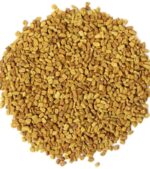
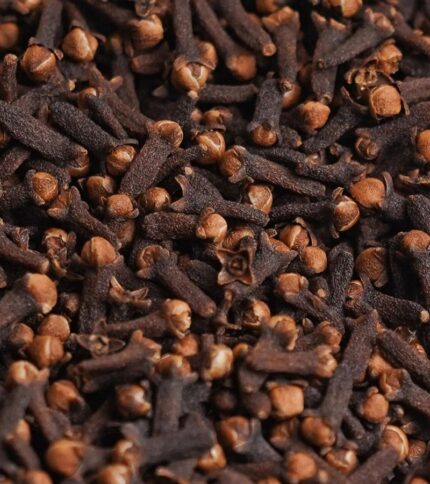
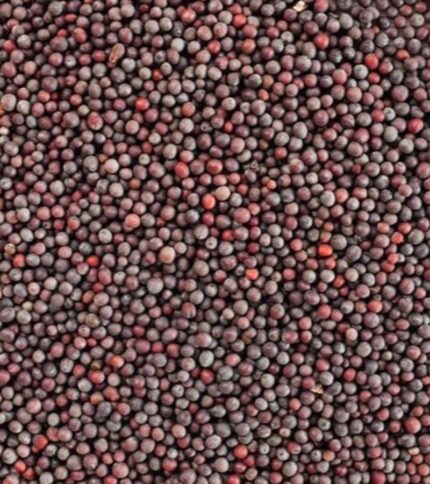


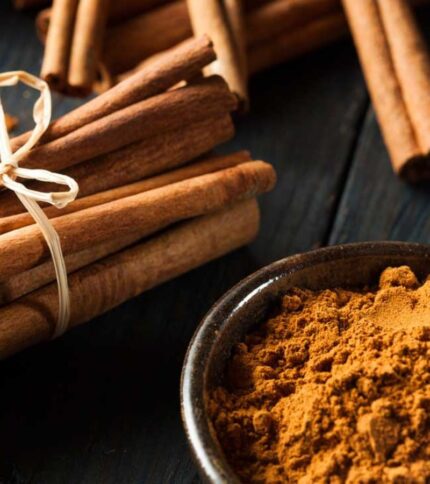
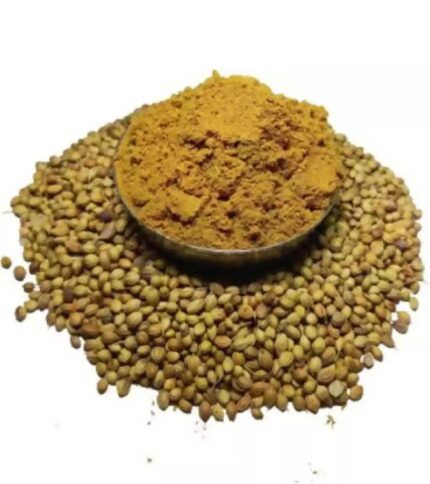
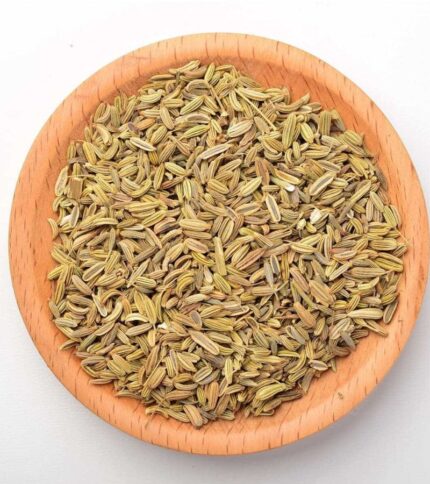
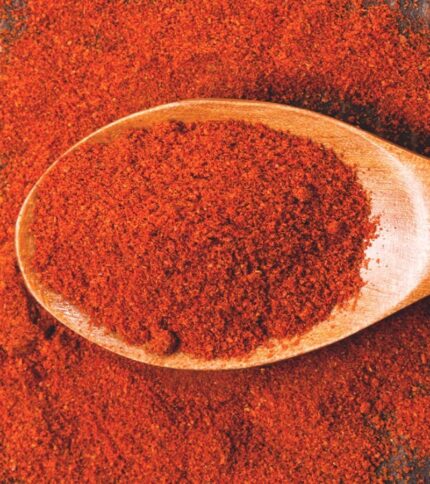
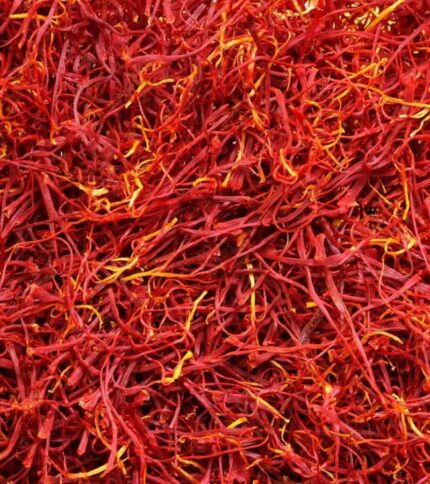
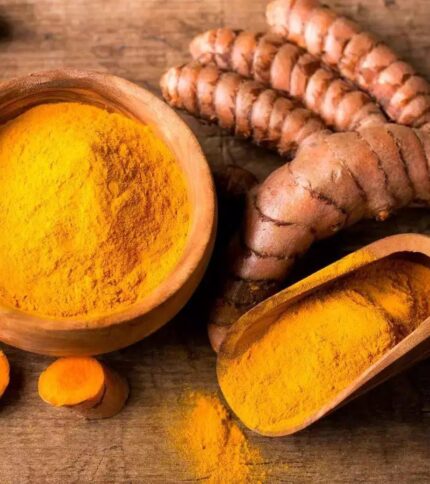
Reviews
There are no reviews yet.